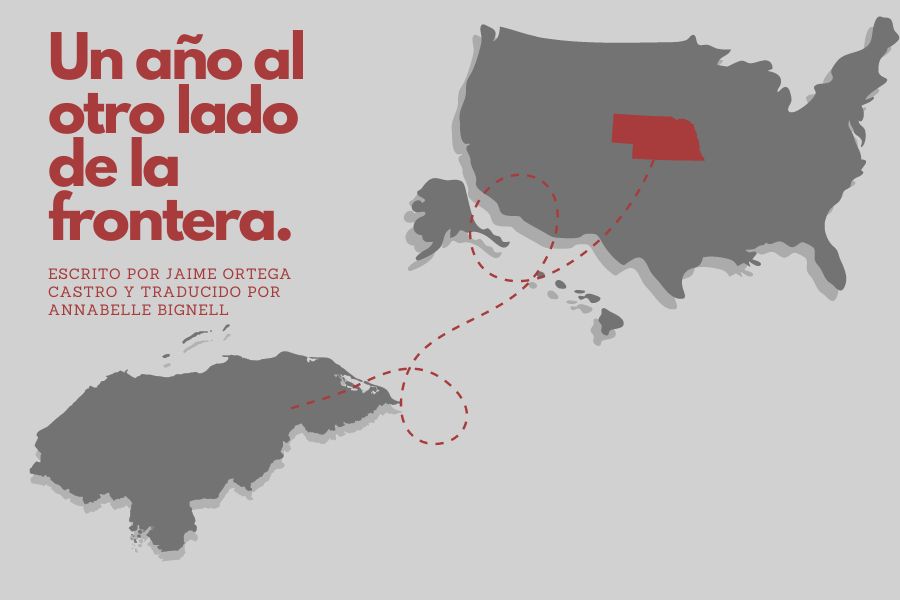As more people share their lives on social media and provide personal data online, they may become more vulnerable to cyberstalking, data breaches and other intrusions. As this problem grows across many platforms and apps, more users put themselves at risk.
In recent years, there have been many reported cases of large corporate entities being hacked, including McDonald’s, Coca-Cola and others. According to the Identity Theft Resource Center (ITRC), there were 3,158 compromises in 2024 affecting 1.35 billion people who reported personal data breaches. These attacks targeted industries such as financial services, health care, personal services, manufacturing and education — all of which hold large amounts of personal data.
Recently, Life360 suffered a data breach that resulted in its users’ information being sold on the dark web. According to ClassAction, a lawsuit investigation organization, more than 400,000 users’ data was leaked online, including names, phone numbers and addresses. Hackers accomplished this by exploiting Life360’s login API (Application Programming Interface). If successful, the lawsuit could force Life360 to improve its data protection measures.

Cases like this have contributed to public distrust of the industry. According to Pew Research, 77 percent of Americans say they have little to no trust in the leaders of social media companies to publicly admit mistakes and take responsibility for misuse of data.
That distrust has been compounded by cases of cyberstalking. One case involved Sumit Garg, a former privacy consultant. According to the Secret Service, Garg used his experience to harass multiple victims by sending thousands of explicit photos, messages and images. This eventually grew into threats of rape, torture and death, which were spread nationwide.
Sharing personal information online can also lead to stalking and kidnapping attempts. In one case, William Blankenship was accused of using Snapchat’s location-sharing feature to stalk and attempt to kidnap two people at the Blue Ridge Parkway in North Carolina, holding them at gunpoint, according to ABC 7 Eyewitness News.
Despite these incidents, companies such as Instagram, Facebook and WhatsApp continue to promote location-sharing features. Users can disable them, but the platforms encourage participation.
As more information is shared with corporations, the likelihood of illegal access increases. Experts say companies adopting stronger protections could significantly improve security and reduce the risk of harassment or even physical harm.



















